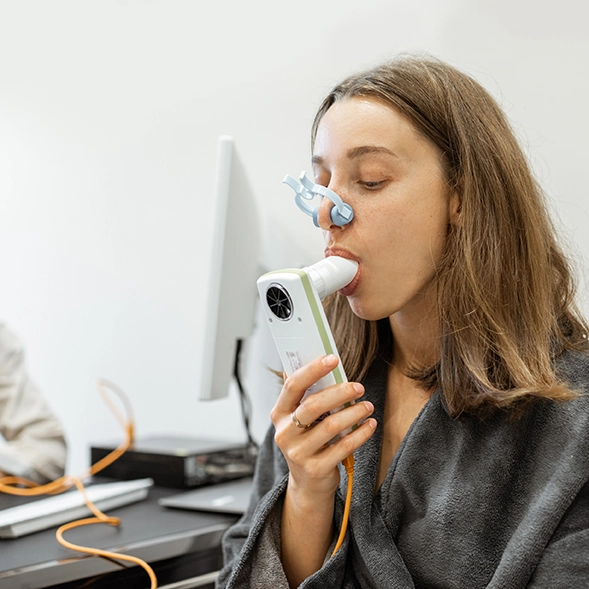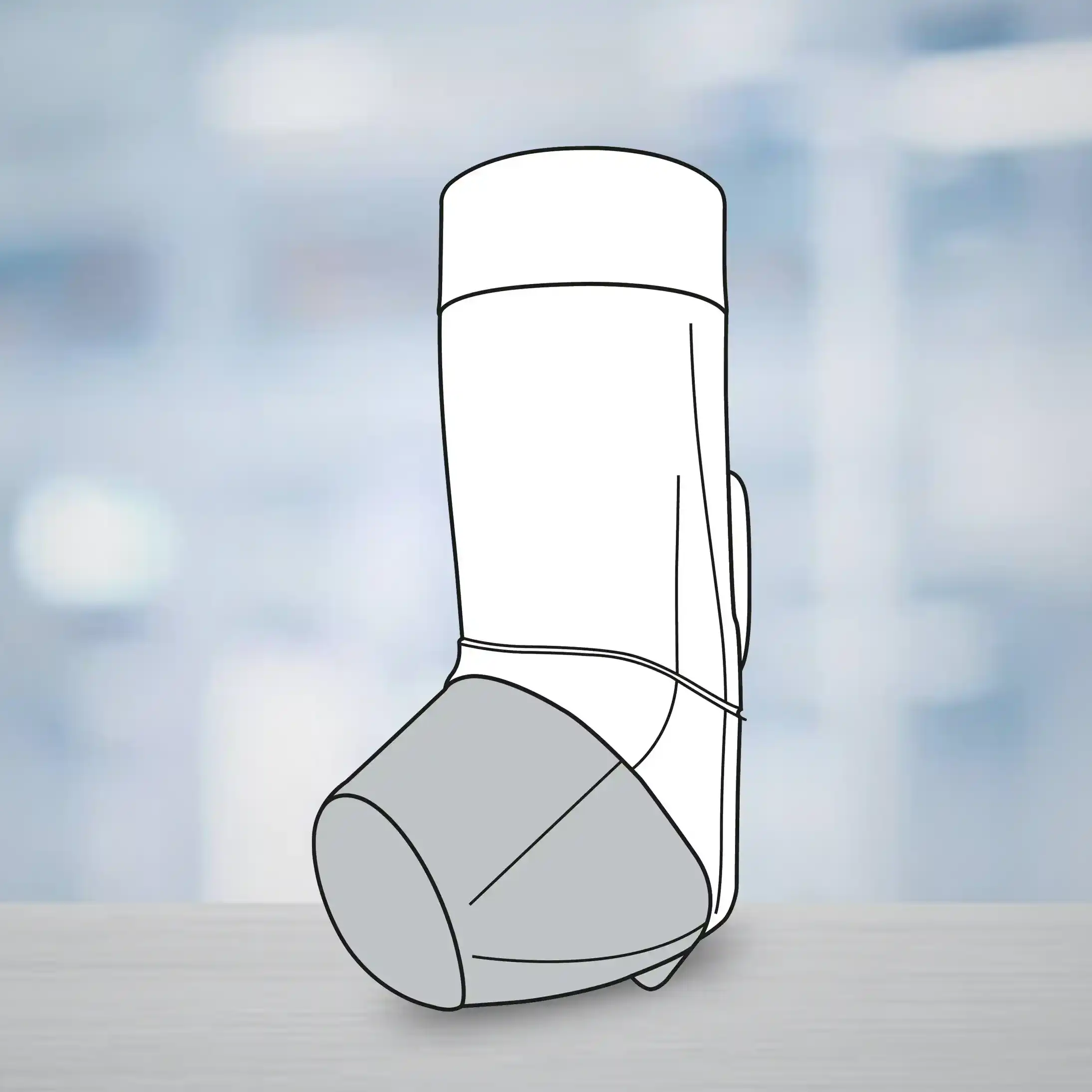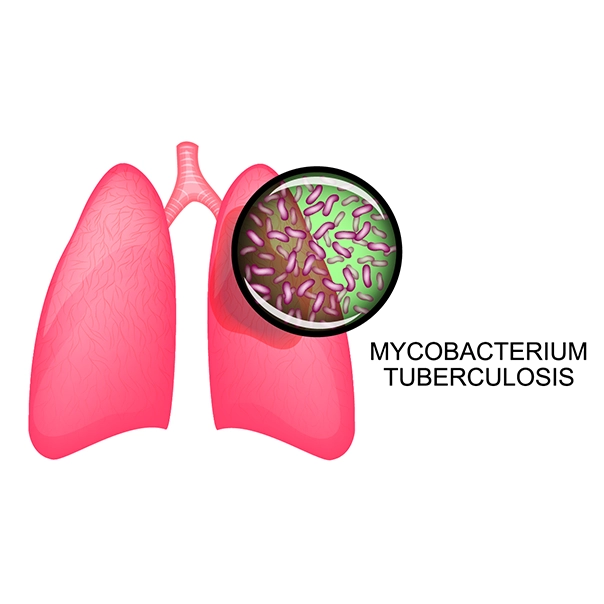Oral Antibiotics Comparable to Home IV Antibiotic Post Surgery in Perforated Pediatric Appendicitis
23 Oct, 23
Introduction
There is significant disparity of data in the management of perforated appendicitis in children. Clinical expertise and opinions vary widely for the duration as well as the route for antibiotic administration to prevent postoperative abscesses.
Aim
To compare the effect of home intravenous (IV) versus oral antibiotic therapy on complication rates and resource utilization following appendectomy for perforated appendicitis in children.
Patient Profile
82 patients (4–17 years of age) with surgically treated perforated acute appendicitis
Method
Study Design
- Prospective randomized controlled trial
- All acute appendicitis patients were given a preoperative dose of IV ertapenem prior to undergoing appendectomy
- Upon discharge, patients completed their 10-day antibiotic course with either continued treatment with IV ertapenem (15 mg/kg IV every 12 h not to exceed 1 gm/day for ages <13; age 13 or greater, then 1 gm daily) or converted to amoxicillin–clavulanate (15 mg/kg elixir by mouth every 8 h or 22.5 mg/kg extended-release tablets every 12 h)
- IV ertapenem patients underwent placement of a peripherally inserted central catheter (PICC) postoperatively for home antibiotic therapy but otherwise had no difference in hospitalization treatment compared to oral group
Endpoints
- Primary outcome: development of a postoperative abscess
- Secondary outcomes: length of stay, postoperative wound infection, readmission within 30 days of surgery and charges
Results
Efficacy
- Oral amoxicillin–clavulanate therapy was equivalent to IV ertapenem for the primary outcome of postoperative abscess rate (8.1% vs. 11.6%, p>0.05, Figure 1)
- The secondary outcomes of hospital length of stay (4.4 versus 4.4 days, p>0.05), wound infection (5.4% vs. 2.3%, p>0.05) or readmission rate (16.2% vs. 14%, p>0.05) were comparable between the oral amoxicillin–clavulanate and IV ertapenem therapy
- Oral amoxicillin–clavulanate showed similar hospitalization outcomes including temperature on admission, white blood cell count (9.8 vs. 9.4 109/L, p>0.05), surgical technique (91.9% vs. 95.4%, p>0.05), breakdown of perforation grade as compared to the IV ertapenem
- Oral amoxicillin–clavulanate was associated with significantly lower mean hospitalization, home health care, and total charges as compared to the IV group (p<0.0001)
- The study was terminated due to the increased costs, and without any apparent advantage to the IV ertapenem group
Figure 1: Effect of oral amoxicillin–clavulanate and IV ertapenem on the primary outcome
Conclusion
- Oral amoxicillin–clavulanate had equivalent outcomes and incurred fewer charges than IV ertapenem following appendectomy for perforated appendicitis
- The costs of a PICC line and outpatient IV ertapenem far outweigh the benefits
Pediatr Surgery International
https://doi.org/10.1007/s00383-018-4343-0

.svg?iar=0&updated=20230109065058&hash=B8F025B8AA9A24E727DBB30EAED272C8)








